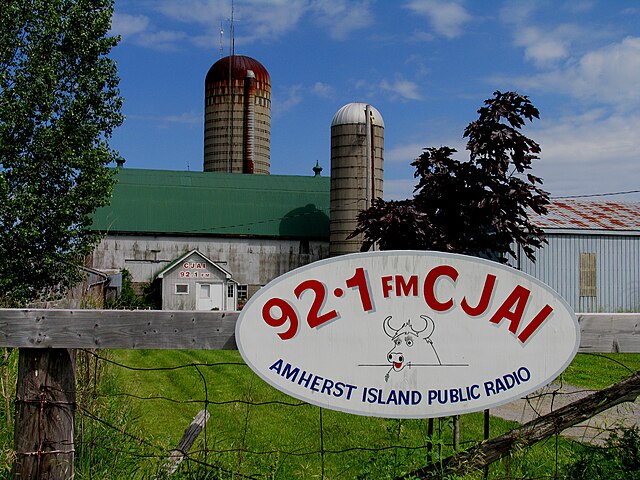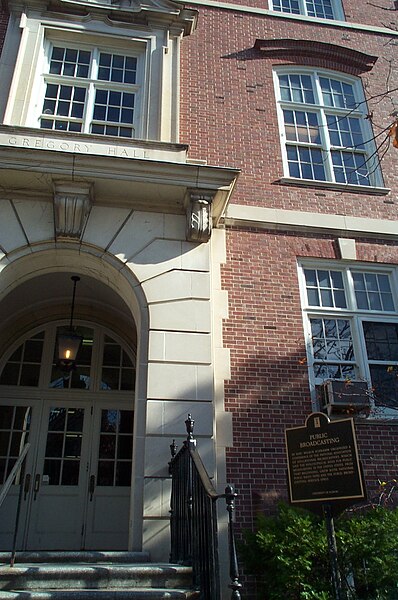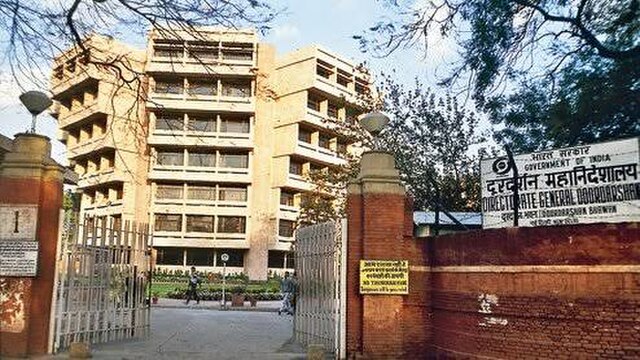A television licence or broadcast receiving licence is a payment required in many countries for the reception of television broadcasts or the possession of a television set. In some countries, a licence is also required to own a radio or receive radio broadcasts. In such countries, some broadcasts are funded in full or in part by the licence fees. Licence fees are effectively a hypothecated tax to fund public broadcasting.
1950s Postmaster-General's Department advertisement regarding broadcast licences
From 1922 to 1953 individual members of the public were required to pay for annual Private Receiving Station licences to legally receive broadcasting stations.
Stamped in Loviisa. The price for half a year was 3,000 Mk in 1960s
A Taiwanese TV licence
Public broadcasting involves radio, television, and other electronic media outlets whose primary mission is public service. Public broadcasters receive funding from diverse sources including license fees, individual contributions, public financing, and commercial financing, and avoid political interference or commercial influence.
Amherst Island public radio
The Gregory Hall on the campus of University of Illinois at Urbana–Champaign hosted an important meeting of the National Association of Educational Broadcasters in the 1940s, that spawned both PBS and NPR.[citation needed]
Broadcasting House, the longtime headquarters of RTHK
Doordarshan Bhawan, New Delhi (headquarters of DD)








